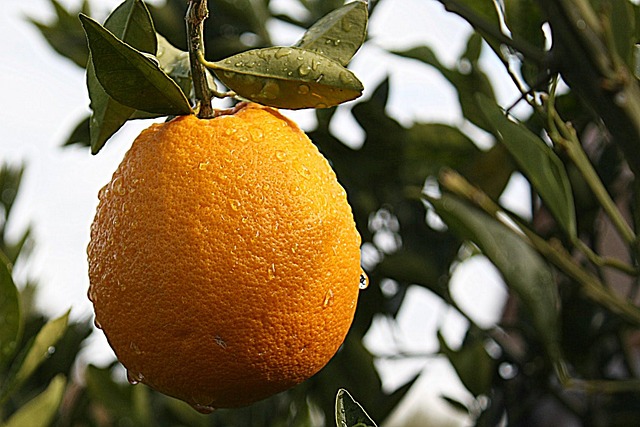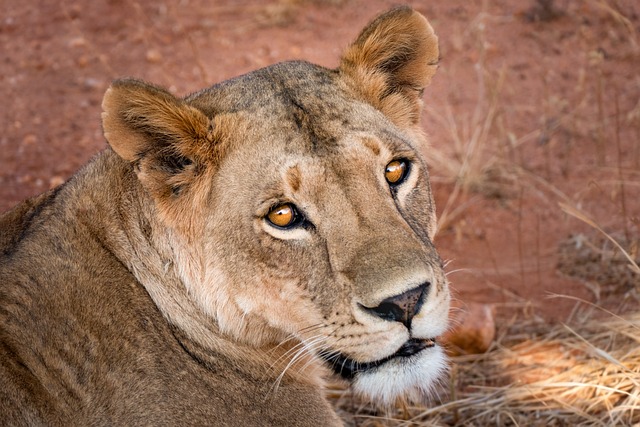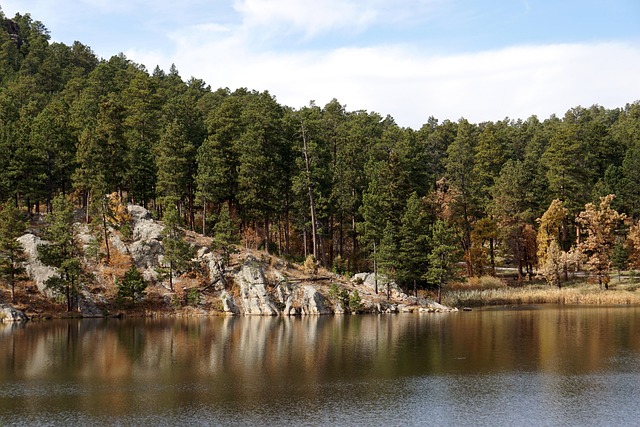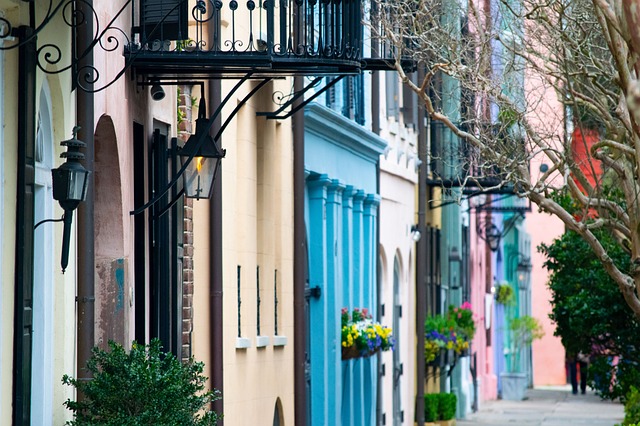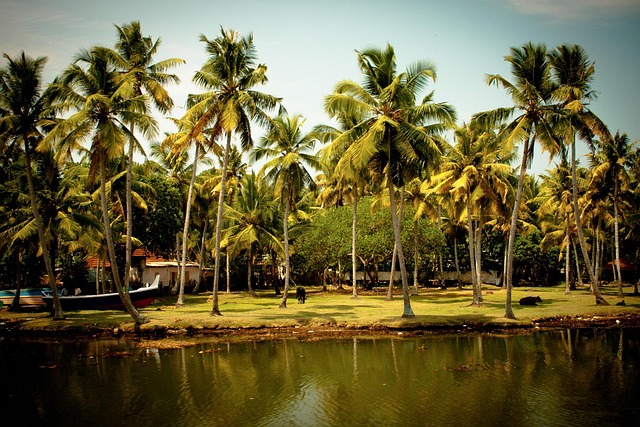Community events celebrating cultural heritage are vital for strengthening local bonds, preserving customs, and attracting visitors through cultural tourism, positively impacting local economies. Real estate professionals can leverage these gatherings to create vibrant, multicultural communities by organizing or supporting events that showcase diverse cultures, ultimately boosting property values. Successful events balance entertainment, education, and community connection while utilizing technology and strategically choosing venues for memorable experiences.
Community events celebrating cultural heritage play a vital role in preserving diverse traditions, fostering unity, and strengthening local identities. These gatherings bring folks together to share stories, showcase crafts, and indulge in culinary delights that reflect their roots. In today’s globalized world, real estate is not just about location; it’s also about cultural vibrancy, where communities come alive through these heritage celebrations. This article explores the significance of community events, offers insights into organizing successful festivals, and highlights strategies to preserve cultural identity within urban landscapes.
The Role of Community Events in Preserving Cultural Heritage
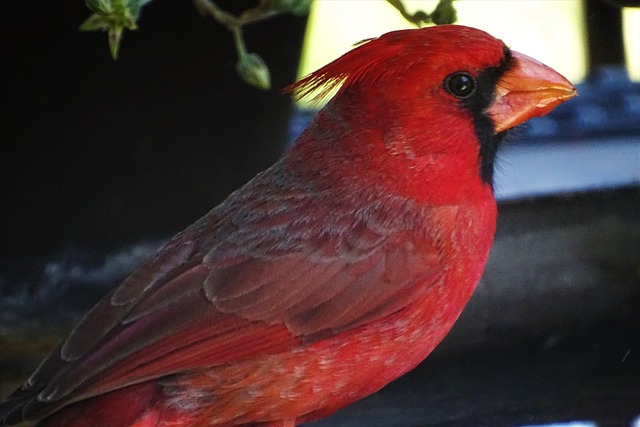
Community events play a pivotal role in preserving and celebrating cultural heritage, especially in diverse societies where various cultures coexist. These gatherings provide a unique platform for individuals from different backgrounds to come together, share their traditions, and foster an understanding of one another. By organizing festivals, exhibitions, and performances that showcase local customs, music, dance, and cuisine, communities create a sense of belonging and pride among their members.
Moreover, community events related to cultural heritage offer an opportunity for the younger generation to learn about their roots and traditions. They serve as a bridge between the past and present, ensuring that valuable practices and knowledge are passed down through generations. In the context of real estate, these events can also attract visitors and tourists, boosting local economies and promoting cultural tourism, which has the potential to drive sustainable development in communities.
Real Estate and Cultural Identity: How Communities Come Together

Community events celebrating cultural heritage play a vital role in fostering connections and strengthening the sense of belonging among residents. In the context of real estate, these gatherings become more than just celebrations; they are powerful tools for building vibrant, diverse neighborhoods. When individuals from different backgrounds come together to showcase their traditions, it creates a unique tapestry of cultural identities that enriches the local landscape.
Real estate developers and agents can facilitate this process by understanding and promoting the benefits of multicultural communities. By organizing or supporting events that highlight various cultures, they contribute to a positive environment where residents feel embraced and inspired. This, in turn, enhances property values and attracts individuals seeking inclusive spaces, creating a harmonious cycle that benefits both the community and the real estate market.
Organising Successful Cultural Heritage Celebrations: Tips and Strategies

When organising community events that celebrate cultural heritage, attention to detail is key to making them successful and memorable. Firstly, immerse yourself in the culture you’re showcasing; understand its nuances, traditions, and any potential sensitivities. This knowledge will help you create authentic experiences that resonate with attendees. Engage with local communities, cultural groups, and elders who can offer insights and ensure events are respectful and meaningful.
In terms of Real Estate, consider venues that reflect or complement the theme. An outdoor space with historical architecture could set the perfect stage for a traditional dance performance. Utilise technology to enhance the experience; interactive exhibits, virtual reality, or live streams can attract diverse audiences and provide unique learning opportunities. Remember, successful cultural heritage events are not just about entertainment but also education and fostering connections between communities.
